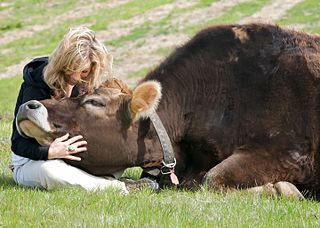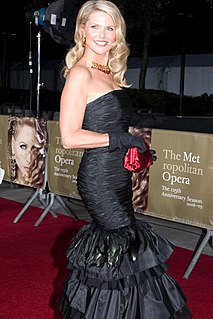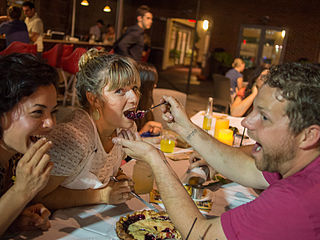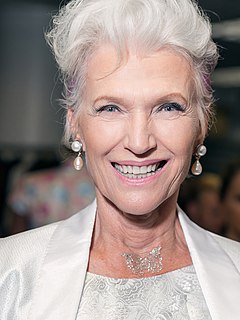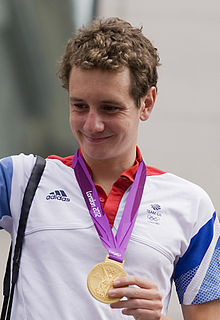A Quote by Rich Froning Jr.
Broccoli, spinach, celery, and the like are excellent low-calorie foods that are densely packed with vitamins, minerals, phytochemicals, and fiber. Their ratio of nutritive value to calories can't be beaten, and I eat them with most of my whole food meals.
Related Quotes
What do we actually seek from food? It's not calories, nor is it volume or mass. It is, in fact, nutrition: micronutrients, which include vitamins, minerals, antioxidants, and phytochemicals. These are components by which food can be assessed a value, and therefore, a decision can be objectively made as to whether it's worth eating.
The phytochemicals, antioxidants, and fiber- all of the healthful components of plant foods- originate in plants, not animals. If they are present, it is because the animal ate plants. And why should we go through an animal to get the benefits of the plants themselves? To consume unnecessary, unseemly, and unhealthy substances, such as saturated fat, animal protein, lactose, and dietary cholesterol, is to negate the benefits of the fiber, phytonutrients, vitamins, minerals, and antioxidants that are prevalent and inherent in plants.
Different foods have different effects on our body beyond their calorie count. Our metabolism, hunger, blood sugar, and hormones respond differently to different types of foods. That means that 100 calories of broccoli is not the same as 100 calories of licorice, just as 3 oz. of salmon is not the same as 3 oz. of cupcakes.
I've always believed in a rainbow diet. As many colors and foods as you can eat, the better, because if you focus on one food, there's bound to be a report that comes out that says, 'Broccoli actually... ' So I mix it up a lot. And I take vitamins, like Biosil, which I take for my hair, skin, and nails.
If there's foods I don't like, like kale, it doesn't mean that I'm not efficient in my diet; it just means I can eat broccoli and other green vegetables. That's what people don't understand, is that as long as you're having a variety of foods in your diet, you don't have to have the food of the week that's everyone going crazy about.
I train for about 25 to 30 hours a week so I need to eat a lot. You just need to have a generally healthy diet. You need to be eating foods with lots of vitamins and minerals. You need to make sure you eat properly in order to give yourself the best chance of performing and recovering from training and competing.



